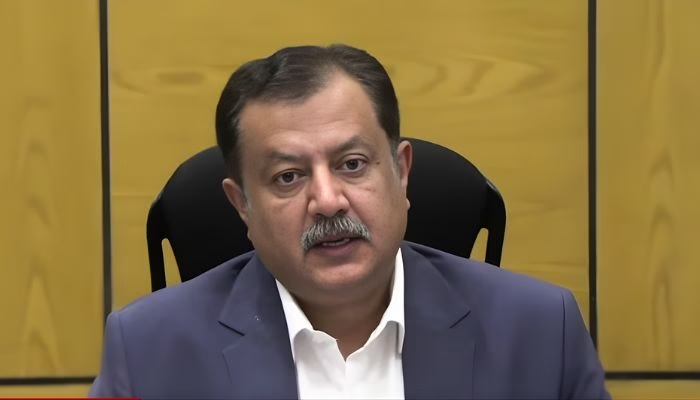pA subcommittee formed for administrative reforms in Islamabad has recommended establishing a representative government with democratic control, transferring certain powers from the federal level to an Islamabad Capital Territory (ICT) government, and creating a coordinated administrative structure similar to the Gilgit-Baltistan model. This proposal, outlined in the subcommittee’s interim report, suggests that Islamabad should have its own elected assembly and a mayor, akin to New Delhi’s governance system.
Formation of an Elected Assembly in Islamabad
The report recommends the formation of an Islamabad Capital Territory (ICT) government, where an elected provincial assembly will oversee governance. The representatives in this assembly will be directly elected by the people of Islamabad. However, certain key sectors, such as home affairs, police, and master planning, will remain under the federal government’s control.
The assembly will elect its own leader, who will be known as the Mayor of Islamabad. The mayor will be accountable to the assembly and will have authority over most administrative matters. This model is designed to enhance democratic participation and localized decision-making in the capital.
Proposed ICT Departments and Governance Structure
The subcommittee has suggested structuring ICT departments similarly to provincial governments, categorizing them into four groups:
- Social
- Economic
- Development
- General Administration
All departments, except Interior, Police, and Master Planning, will function under the mayor’s leadership. These three key departments will be directly under the federal government, with their heads reporting to the relevant federal ministers. All other institutions, including the Capital Development Authority (CDA), will come under the ICT government.
Islamabad Government to Have Autonomy Like Gilgit-Baltistan
To ensure efficient administration, the Islamabad Capital Territory Government will be given full financial and administrative autonomy, similar to Gilgit-Baltistan. The proposal suggests that all departments will be headed by secretaries, while the Chief Secretary will oversee the coordination between the federal government and the ICT administration.
The police department will remain under federal control, with the Inspector General of Police (IGP) heading the department. Meanwhile, the ICT government will be empowered to formulate policies, laws, and rules necessary to govern its affairs effectively.
Legislation for the ICT Government: Islamabad Capital Territory Act 2025
To formalize these reforms, the Islamabad Capital Territory Act 2025 will be introduced. For immediate implementation, the President of Pakistan may issue an order under Article 258 of the Constitution, similar to the GB Order 2028, to provide interim legal cover.
Additionally, the Rules of Business, 1973, will be amended to align with the proposed changes. The legal framework for these reforms is expected to be prepared within a month. There will be no need for additional financial arrangements, as most existing ICT institutions will be restructured to fit the new governance model.
Division of Departments: Schedule A and Schedule B
The subcommittee has proposed a two-tier structure for department allocation:
- Schedule A: Includes the Home, Police, and Master Planning departments, which will remain under the federal government’s authority.
- Schedule B: Comprises 26 departments that will function under the elected ICT government.
This structured division ensures efficient governance while maintaining federal oversight over critical areas.
Subcommittee and Next Steps
The interim report has been prepared under the leadership of Barrister Zafarullah, with notable committee members including:
- Dr. Tariq Fazal Chaudhry (Federal Minister for Parliamentary Affairs)
- MNA Khurram Shahzad
- MNA Anjum Aqeel
- Additional Secretary, Ministry of Interior
- Chief Commissioner Islamabad
- Deputy Commissioner Islamabad
- Representative from the Capital Development Authority (CDA)
The subcommittee will meet again next week to finalize the recommendations before submitting them to the ministerial committee, which is chaired by Federal Minister for Planning and Development, Ahsan Iqbal.
A Step Towards Democratic Governance in Islamabad
If approved, these reforms will bring major governance changes to Islamabad, ensuring greater democratic participation, improved administrative efficiency, and enhanced local autonomy. The introduction of an elected assembly and mayoral system will allow Islamabad’s residents to have a more direct role in decision-making, aligning the capital’s governance with modern democratic principles. The federal government’s oversight on security and urban planning will ensure stability, while the ICT government will focus on development, social welfare, and economic growth.



